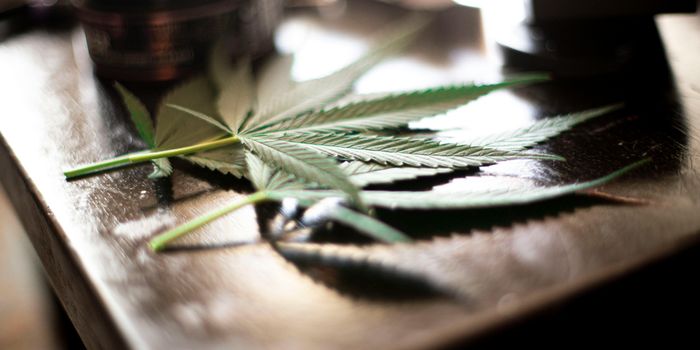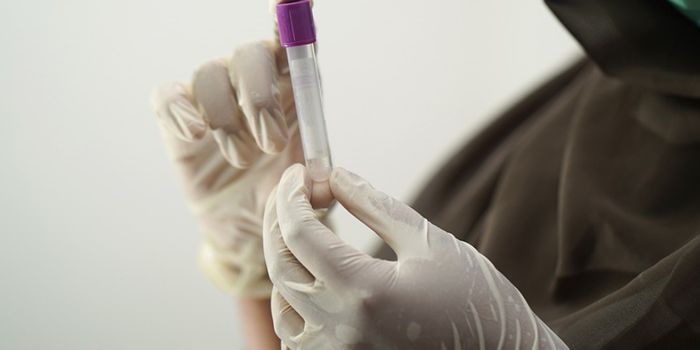Lab-grown red blood cells are not a new concept. But culturing enough of these cells in mass quantities was the main challenge. Now researchers from the University of Bristol and NHS Blood and Transplant say they’ve developed a new technique that would enable mass production of man-made blood.
According to the American Red Cross, nearly 21 million blood components are transfused every year in the U.S. They also estimate that someone is in need of a blood transfusion every 2 seconds. With such a high demand for blood, there’s significant shortage of this precious liquid despite many donors and increasing blood drive efforts.
To solve this problem, scientists turned to the lab, where they hoped to create lab-grown red blood cells to alleviate the shortage. Conventional methods of transforming stem cells into red blood cells were successful, except when it came to actual practice. The stem cells are good for no more than 50,000 red blood cells before it dies. For reference, a bag of blood contains about one trillion red blood cells. In effect, this was a very limited production method that still required frequent donation.
But what if the stem cells can be immortalized? That is, what if these cells can be eternally trapped in an early stage where they can grow without burning out? Then, scientists will have endless supplies of premature red cells at their disposal for coaxing into mature red blood cells.
Indeed, scientists at the University of Bristol figured out exactly how to immortalize a line of cells, which are now capable of providing a continuous supply of red blood cells. "We have demonstrated a feasible way to sustainably manufacture red cells for clinical use,” said Jan Frayne, the study’s senior author. "We've grown liters of it."
The next hurdle is to scale it up for clinics and hospitals. "There is a bioengineering challenge,” said David Anstee, the study’s co-author. "To produce that much at scale is quite a challenge, and really the next phase of our work is to look at methods of expanding the yield." Anstee admits the cost of mass-producing blood is a main concern.
However, that there is now a method to mass-produce blood is already a significant achievement. "The first therapeutic use of a cultured red cell product is likely to be for patients with rare blood groups, because suitable conventional red blood cell donations can be difficult to source,” said Anstee. Lab-grown blood cells may also benefit patients with blood disorders that require many transfusions. And because it’s lab-grown, the blood will carry fewer risks for transmissible diseases, which may make it ideal for parts of the world where the blood supply has high contamination rates.
Additional sources: BBC
-
APR 30, 2024Immuno-Oncology Virtual Event Series 2024
-
MAY 07, 20243rd International Biosecurity Virtual Symposium
-
JUN 06, 2024The Future of Scientific Conferencing
- See More


















































